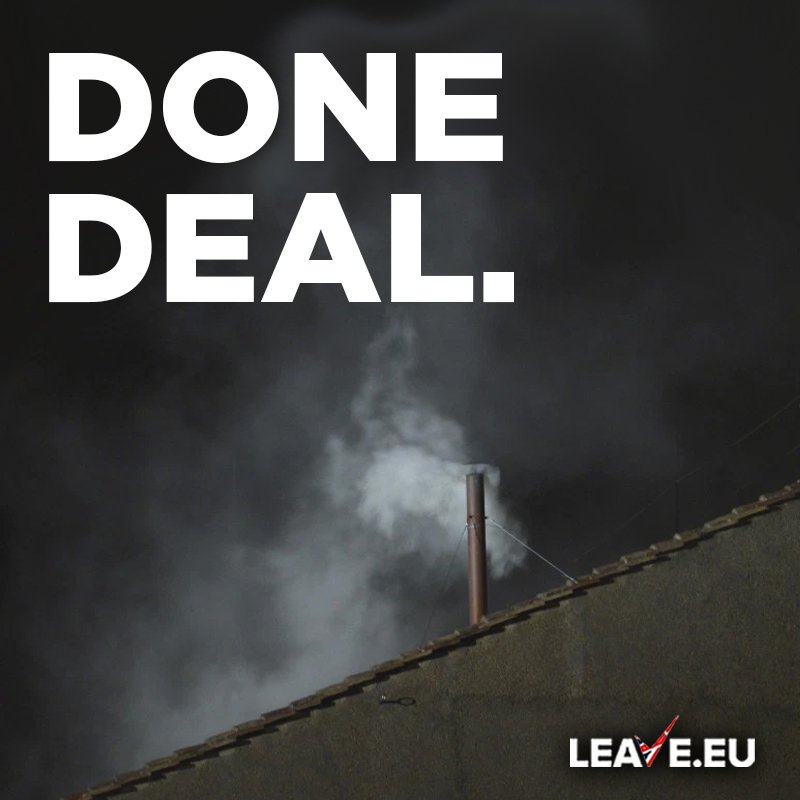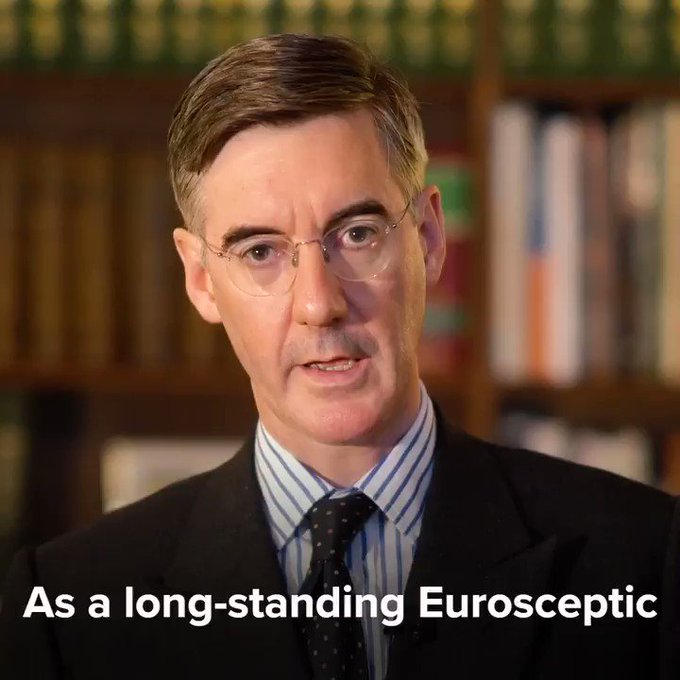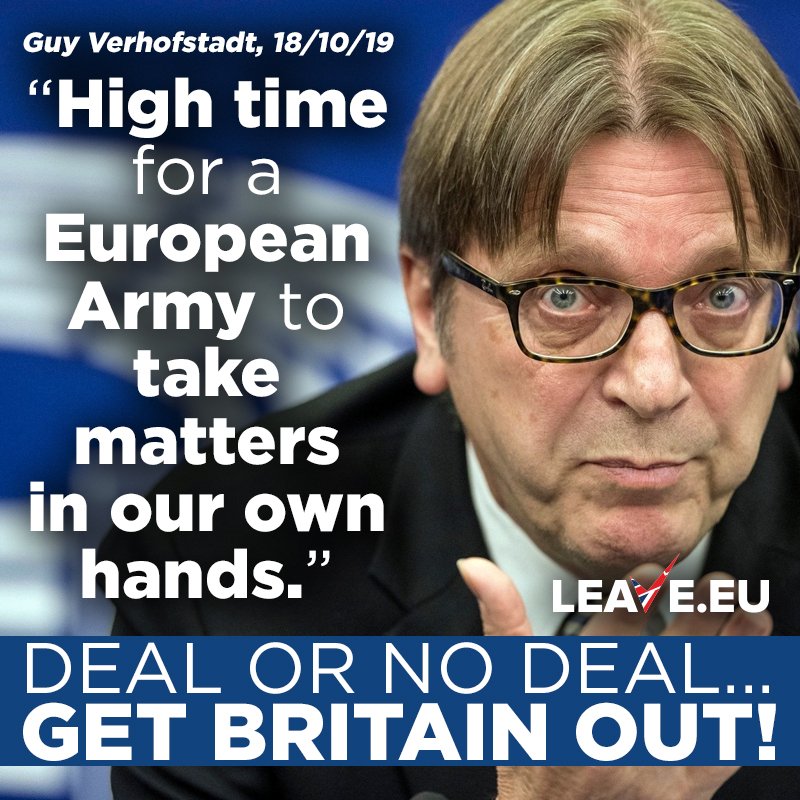Boris has secured a deal which he believes “represents a very good deal both for the EU, and the UK”. The Prime Minister will now set about the challenging task of winning support from MPs for his withdrawal agreement.
Friday 18 October 2019
The deal does ensure the whole of the UK will leave the EU customs union – although a complicated formula will apply to Northern Ireland’s which goes to the heart of the agreement’s flaws. This will mean the UK is free to pursue free trade deals with other countries, and the opportunities of Brexit can be realised. There are positives in the withdrawal agreement, but also plenty to divide Brexiteers.
The new agreement sidesteps the dreaded backstop, by effectively imposing a customs border between the UK and the island of Ireland, goods will be checked at “points of entry” in Northern Ireland. No tax will be paid on goods coming into Northern Ireland from Great Britain.
A major concern is whether or not the United Kingdom will be able to eventually re-regulate its economy. A commitment to retainin g a “level playing field” on cross-cutting policies like labour does feature, but only in the non-binding political declaration, not the Withdrawal Agreement itself. However, if (and it’s a big if) the withdrawal agreement passes, then the ensuing trade discussions will head in this direction. Whitehall will always want a closer relationship with Brussels and the Tories are regrettably obsessed with frictionless EU trade. Another incentive will be to keep the economic landscape consistent, and not isolate Northern Ireland should it decide to remain in the EU’s regulatorty zone under the consent mechanism built into the new protocol.
Outside of the Northern Ireland problem, elements of May’s deal have been carried over. Citizens’ rights have been secured and freedom of movement will continue until the end of the “transition period” in December 2020. Most malign of all, the UK is still required to settle the £39bn “divorce bill”.
Boris Johnson does have some support for his deal. Jacob Rees-Mogg has been vocal in his support. It’s an interesting equation for the PM. He also finds himself with seven Labour MPs likely to back out at Satuirday’s extraordinary session of Parliamnet, with the potential for more. Those Labour MPs in heavy leave-voting areas may feel inclined to back the PM. Importantly, Boris will be looking to win support from the Tory ‘rebel alliance’, who lost the whip after rebelled against the Government. He already looks to have won support from high-profile rebels Nicholas Soames and Oliver Letwin, with Soames adding his assumption that “by and large” the 21 rebels would go for the deal.
But there’s no majority without the DUP. Sammy Wilson has been urging Tory MPs to “take a stand” with the Ulster Unionists and vote down the deal. It seems members of the ERG who ahve cultaivated strong bonds over the past two and half years will heed his advice, a major headache for Johnson and a serious obstacle in passing the deal.
The PM looked as if he was handed a trump card by Jean-Claude Juncker, when the President of the Commission said he “rules out” any further delay to Brexit. This would bypass the Benn Act, and put immense pressure on opposition MPs to vote for the deal in order to avoid no deal.
Unfortunately for the PM, Donald Tusk has failed to support Juncker by refusing to rule out granting a further extension. Tusk is better place deny or grant such an assurance. As head of the Council, he represents the 27 members who amongst will decide on an extension.
Boris will spend the next 24 hours trying to charm the DUP and appeal to Labour MPs as he seeks to make history in Westminster tomorrow. We could finally be at the end of this turgid chapter in the quest for British independence.

If anybody needs a reminder of why we must to get Brexit done NOW, one way or another, look no further than sinister Euroloon @guyverhofstadt. He's still banging on about an EU Army and Empire. Britain says NO - pass the deal or go WTO, but get us OUT!
808 people are talking about this



 WATCH:
WATCH: 

